Say what you will about M. Night Shyamalan, but there’s no denying he has a distinctive narrative style that separates him from his contemporaries. The Indian American filmmaker rose to international stardom with his game-changing 1999 horror film The Sixth Sense, cementing himself as the go-to director for daring and twisty plots that captivate fans of thinking-person thrillers. Shyamalan maintained his reputation for the next few years, but his career took a severe hit in the mid-2000s, with his reputation suffering nearly irreparable damage.
Shyamalan has restored his pedigree in recent years thanks to a string of consistently solid projects. His style is not for everyone; indeed, he usually swings big, even when restraint might be the way to go. However, his admittedly ambitious movies attract a loyal fan base, while his stubborn commitment to weighty plots and twist endings have earned him the industry’s respect. Shyamalan returns to the big screen with the horror thriller Knock at the Cabin, making this the perfect time to revisit the many highs and severe lows of his erratic, but fascinating career.
13. The Last Airbender (2010)
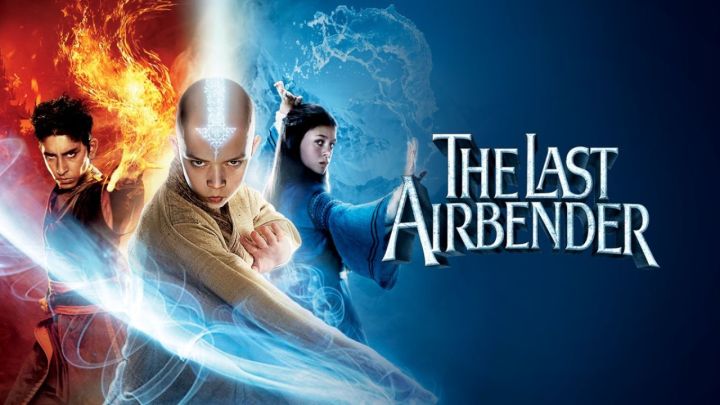
Simply put, The Last Airbender is an awful movie. Objectively the worst film in Shyamalan’s filmography and one of the worst of the new millennium, The Last Airbender misunderstands everything that makes the source material so incredible.
From the white-washed casting to the baffling narrative choices and laughable performances, The Last Airbender is everything an adaptation shouldn’t be. Shyamalan’s inability to adapt his style to fit the source material’s nature results in an agonizing and disjointed experience that ranks among the worst small-to-big-screen adaptations in cinematic history.
12. The Happening (2008)

The Happening‘s premise is intriguing and certainly worth exploring. However, the film shows signs of Shyamalan’s early self-centered approach to storytelling. In his insistence on subverting expectations and finding something clever to say, the director ended up saying nothing.
It doesn’t help that the film is stuck with a truly terrible performance from Mark Wahlberg, who delivers his lines like a clumsy student reading from cue cards behind the camera. The notorious twist at the end is arguably the worst in Shyamalan’s filmography, even if the film acts as though it’s the most ingenious thing in the world.
11. After Earth (2013)
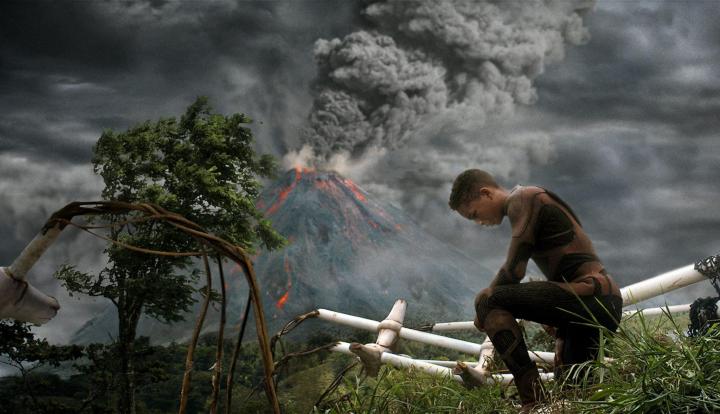
Unlike in their previous collaboration, The Pursuit of Happyness, Will and Jaden Smith make a surprisingly unimpressive pairing in Shyamalan’s postapocalyptic sci-fi After Earth. The plot relies entirely on both actors, and while Will is game, Jaden seems out of his depth, especially with a plot that asks too much from him while giving him nothing in return.
As always, Shyamalan’s blind ambition is an issue. However, unlike many of his other projects, After Earth is boring. With a weak script and even weaker visuals, there’s nothing in the plot to keep audiences invested. Luckily, After Earth was a wake-up call of sorts for Shyamalan, and his following films would be a pleasant return to form for the director.
10. Wide Awake (1998)
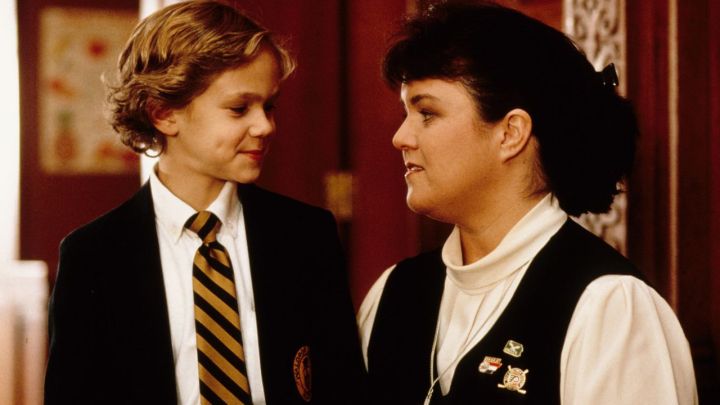
Shyamalan’s first Hollywood feature film was Wide Awake, a coming-of-age story starring a young Joseph Cross. The plot centers on a 10-year-old boy who begins a journey of self-discovery following the passing of his beloved grandfather. Rosie O’Donnell plays a key supporting role as a baseball-loving nun.
Wide Awake is the most un-Shyamalan movie in the director’s filmography, made before his commitment to twist endings and self-congratulatory narratives. Yet, his essence is there in a smaller, more subdued way. Wide Awake is a fascinating movie to watch today, knowing what we know about Shyamalan. However, as a standalone film, it’s rather forgettable.
9. Lady In The Water (2006)
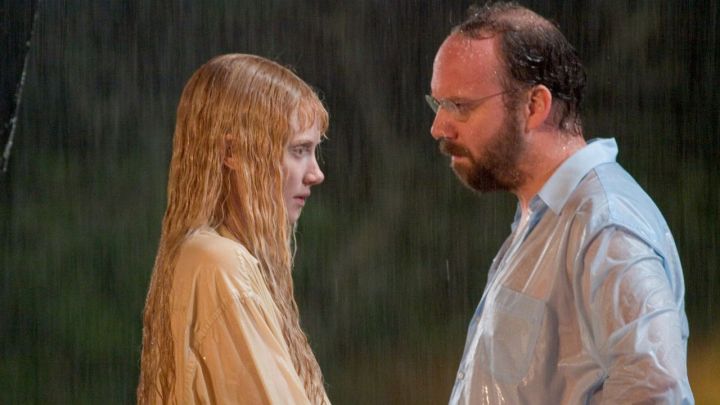
Is Lady in the Water as bad as people said it was back in 2006? Maybe. The film, starring Bryce Dallas Howard and Paul Giamatti, follows a building superintendent who finds a young woman in the pool and must help her escape a dangerous wolf-like creature.
Lady in the Water is Shyamalan at his most self-indulgent and arrogant, not only because of the role he gives himself to play in the story, but because of the way he crafts and conducts the entire project. The film is Shyamalan believing himself too big to fail, too creative to be restrained, and too visionary to be appreciated. There are intriguing themes and creative worldbuilding in Lady in the Water, but not enough to overcome Shyamalan’s overwhelming shadow.
8. Glass (2019)
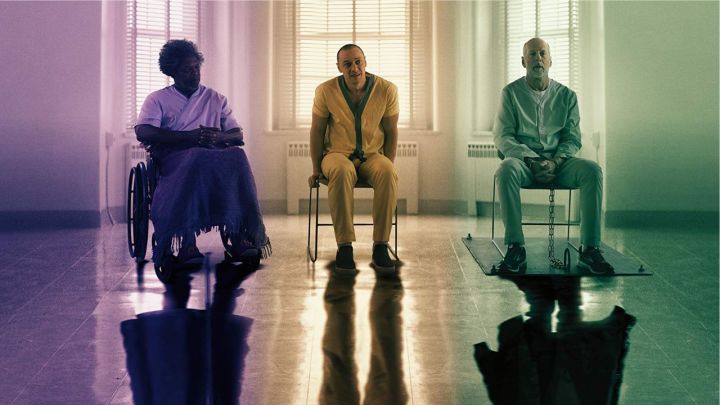
Following the surprise success of Split, Shyamalan released the highly anticipated follow-up, a film that also served as a sequel to Unbreakable. The film stars James McAvoy, Bruce Willis, and Samuel L. Jackson and follows their respective characters — David Dunn, Kevin Wendell Crumb, and Elijah Price — in a psychiatric institution for people who believe themselves to have super abilities.
Shyamalan’s ballsy idea could have paid off in a satisfying and ultimately memorable way. However, the director’s insistence on subverting expectations once again gets the best of him. Glass is a half-made film, more disappointing than anything else. Fans expecting a rewarding conclusion to Shyamalan’s long-awaited trilogy will be left with an anticlimactic ending that wastes three great characters and a genuinely compelling premise. However, McAvoy remains a force to be reckoned with, and Jackson and Willis are more than game to revisit their glory days.
7. The Village (2004)
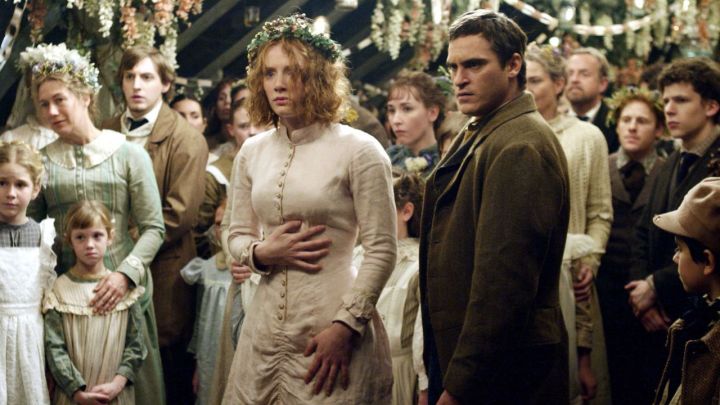
The Village is the film that altered the course of Shyamalan’s once-promising career. The story concerns a secluded town seemingly haunted by dangerous creatures lurking in the nearby forest and stars an impressive ensemble including Bryce Dallas Howard, Joaquin Phoenix, William Hurt, and Sigourney Weaver.
A critical disappointment, The Village tested just how much Shyamalan could get away with regarding his audience. The film disappointed many, with fans and critics expressing disbelief and even mockery at the twist ending. Time has been kind to The Village, and while its third act is far from one of the worst endings in movie history, it is rather lazy and unsatisfying. Still, the rest of the movie is intriguing, and Shyamalan is at his best when establishing an ominous mood.
6. Old (2021)
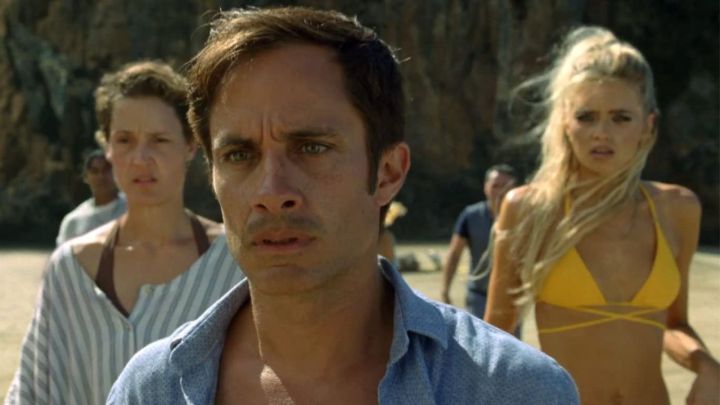
By 2021, fans knew what they were getting into with an M. Night Shyamalan film. However, Shyamalan was entering a new stage in his career, confidently guiding his movies with the right balance of showmanship and narrative pace. Old, a film about a mysterious and secluded beach that causes its visitors to age rapidly, might be the best example.
Old boasts an original premise and a committed cast that knows exactly the type of movie they’re making. More importantly, Shyamalan is at his most confident, fulfilling his vision with uncompromising commitment. People will either love or hate Old; there’s no middle ground, and Shyamalan doesn’t want there to be. He is now at the point of his career where you either like his style or not. He isn’t here to satisfy the mainstream, but to indulge those already captivated by his work, and he doesn’t want it any other way.
5. Unbreakable (2000)

Shyamalan’s first fory into the blockbuster genre, Unbreakable follows David Dunn, a man who discovers he has superhuman abilities after a train accident. His newfound power makes him the target of Elijah Pierce, a disabled man obsessed with comic books who believes David to be a superhero.
Unbreakable came out before the comic book craze of the 2000s started. It’s far from a typical superhero movie, but rather Shyamalan’s take on it. Thus, it’s quieter, less bombastic, and more concerned with the men than the super. Unbreakable is among the all-time best superhero movies because it doesn’t want to be one. It wants to deconstruct the myth of American heroism rather than build upon it, resulting in a refreshing and surprisingly insightful look into the hero-villain dichotomy.
4. The Visit (2015)
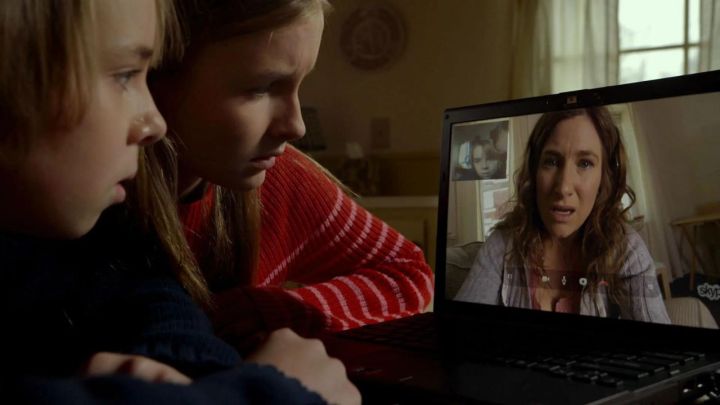
Following a string of box-office flops and critically panned movies, Shyamalan returned to form with the small, chilling found-footage horror film The Visit. The story follows two siblings staying with their estranged grandparents for a week while their mother goes on vacation. However, strange things happen that make the siblings fear for their safety.
The Visit is a remarkably effective thriller with everything it takes to become a great cult classic horror movie. Shyamalan goes back to basics, crafting a simple but well-told story that favors straightforward thrills over elaborate premises. The result is a truly surprising and unsettling tale that expertly blends horror and humor and even finds enough room to deliver on Shyamalan’s twist-ending pledge.
3. Signs (2002)
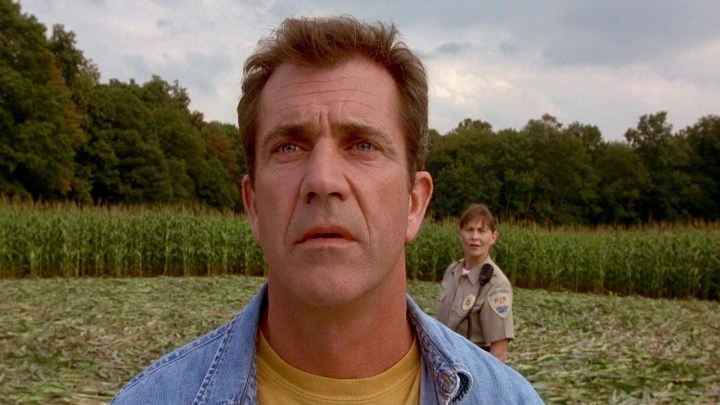
In 2002, Mel Gibson was still a star and M. Night Shyamalan was still the king of prestige and twisty mysteries. Thus came Signs, a sci-fi horror about a former priest struggling with his faith who finds evidence that the crop circles on his farm are the product of alien activity. Joaquin Phoenix co-stars.
Signs is a quiet and intimate study on faith masquerading as a high-profile blockbuster. Shyamalan successfully balances his weighty issues with an entertaining and occasionally scary plot that keeps audiences on the edge of their seats. And while its third act isn’t the shocking ending fans expected, but rather a lazy cop-out, Signs is still a well-crafted mystery that confirms Shyamalan’s gift for maintaining suspense.
2. Split (2016)

Split is arguably the most surprising film of Shyamalan’s career. James McAvoy stars as Kevin Wendell Crumb, a man with dissociative identity disorder who kidnaps three young girls and keeps them in an underground facility.
Although Split is the most stereotypical presentation of what Hollywood believes dissociative identity disorder is, it still works, largely because of James McAvoy. The Scottish actor delivers a tour de force performance, arguably the best in any Shyamalan film and one that was robbed of an Oscar nomination. McAvoy goes all-in on Crumb’s condition, adding significant flair to his portrayal and finding a perfect match in Anya Taylor-Joy as one of his captives. Despite numerous opportunities to do so, Split never goes off the rails, with Shyamalan choosing restraint and letting the gimmicky plot do all the heavy lifting.
1. The Sixth Sense (1999)
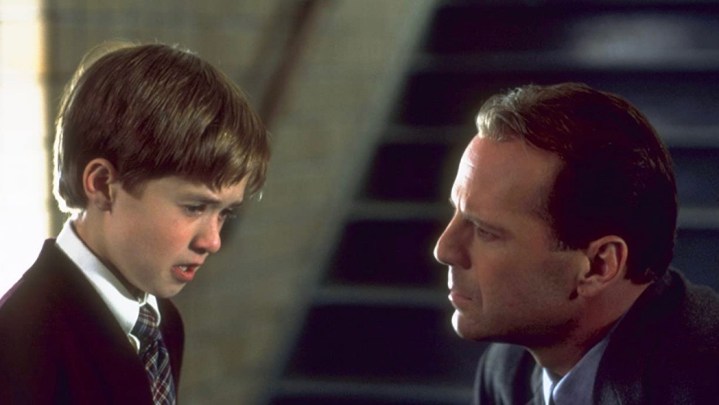
The Sixth Sense remains Shyamalan’s best film. The plot focuses on Malcolm Crowe, a child psychologist treating a fearful young boy who claims he can see and talk to the dead. Bruce Willis gives one of his best performances opposite a then-11-year-old Haley Joel Osment.
Wowing critics and audiences alike, The Sixth Sense was a massive critical and commercial success, and it’s easy to see why. It’s a brilliant film from beginning to end, with Shyamalan crafting a tense, gripping, thrilling plot that delivers harrowing scene after harrowing scene without losing itself in the scares. Osment and Willis play great off each other, and the twist ending became one of cinema’s most iconic and effective. The Sixth Sense is as every bit as good now as it was in 1999; it’s everything its reputation suggests it is and more.



